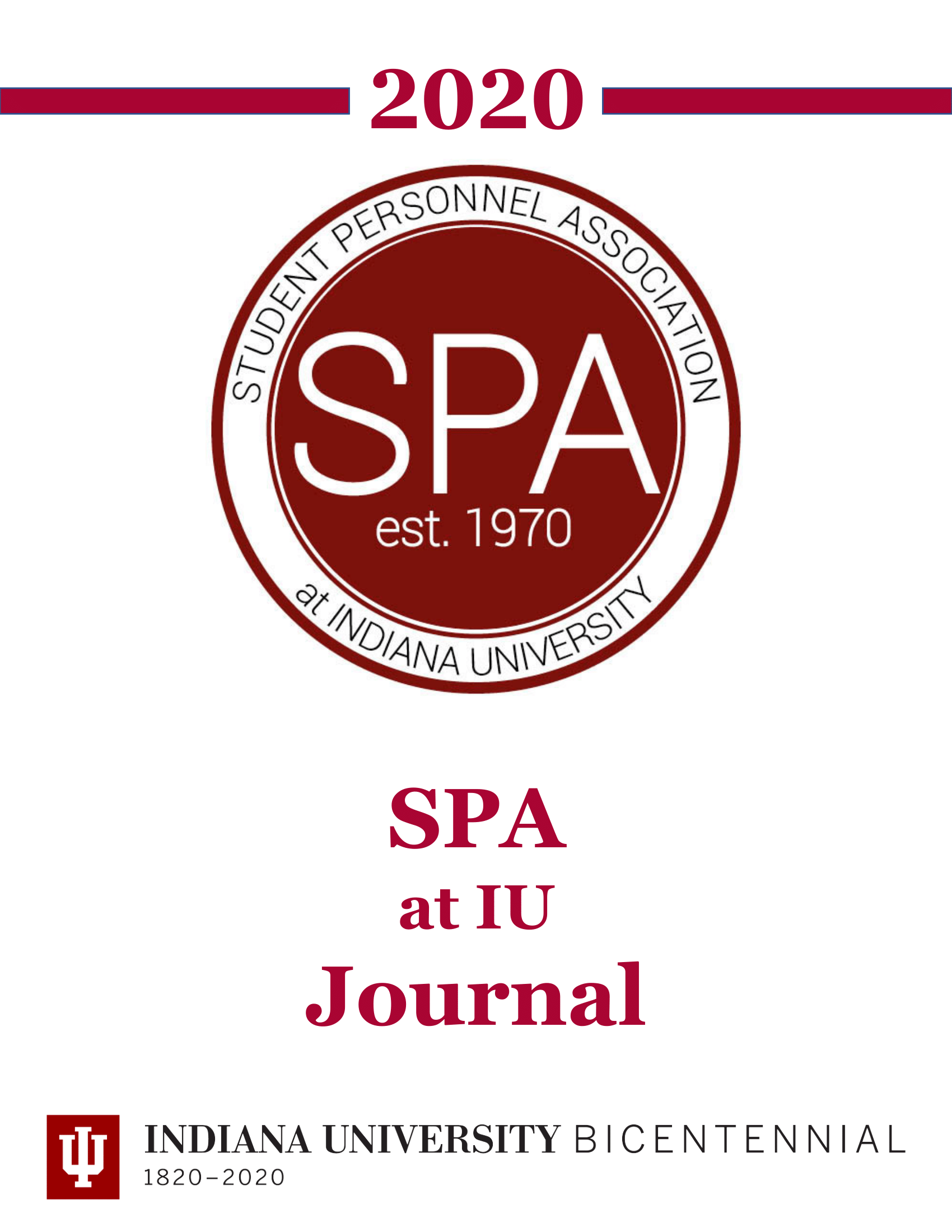Queer Students Navigating the Academy: LGBTQ+ Mentoring Practices at IUPUI
Main Article Content
Abstract
Queer students (students who are non-heterosexual or non-cisgender) face unique challenges in higher education, including hostile campus climates and lack of specialized resources. While mentoring is considered a high-impact practice for undergraduate students, mentoring of queer students has received little attention in student affairs literature. This study focuses on five students’ reactions to the Advancing Queer Student Education & Social Success (AQSESS) mentorship program at Indiana University-Purdue University Indianapolis (IUPUI). Interview questions sought to address how queer student mentorship programs impact the students’ sense of belonging on campus and how these programs may fit into the greater campus environment for queer students. Three emerging themes provide context for recommendations for how queer mentorship programs can benefit from leveraging student perceptions, while acknowledging mental health implications specific to the queer student population.
Downloads
Article Details
Authors who publish with the Journal of the Indiana University Student Personnel Association (hereinafter “the Journal”) agree to the following terms:
By submitting to the Journal, the author grants to the Journal the non-exclusive right to reproduce, translate (as defined below), and/or distribute your submission worldwide in print and electronic format and in any medium, including but not limited to audio or video.
The author agrees that the Journal may, without changing the content, translate the submission to any medium or format for the purpose of preservation.
The author agrees that the Journal may keep more than one copy of this submission for purposes of security, back-up and preservation.
The author represents that the submission is his/her original work, and that s/he has the right to grant the rights contained in this agreement. The author also represents that his/her submission does not, to the best of his/her knowledge, infringe upon anyone's copyright.
Authors are able to enter into separate, additional contractual arrangements for the non-exclusive distribution of the journal's published version of the work (e.g., post it to an institutional repository or publish it in a book), with an acknowledgment of its initial publication in this journal.
